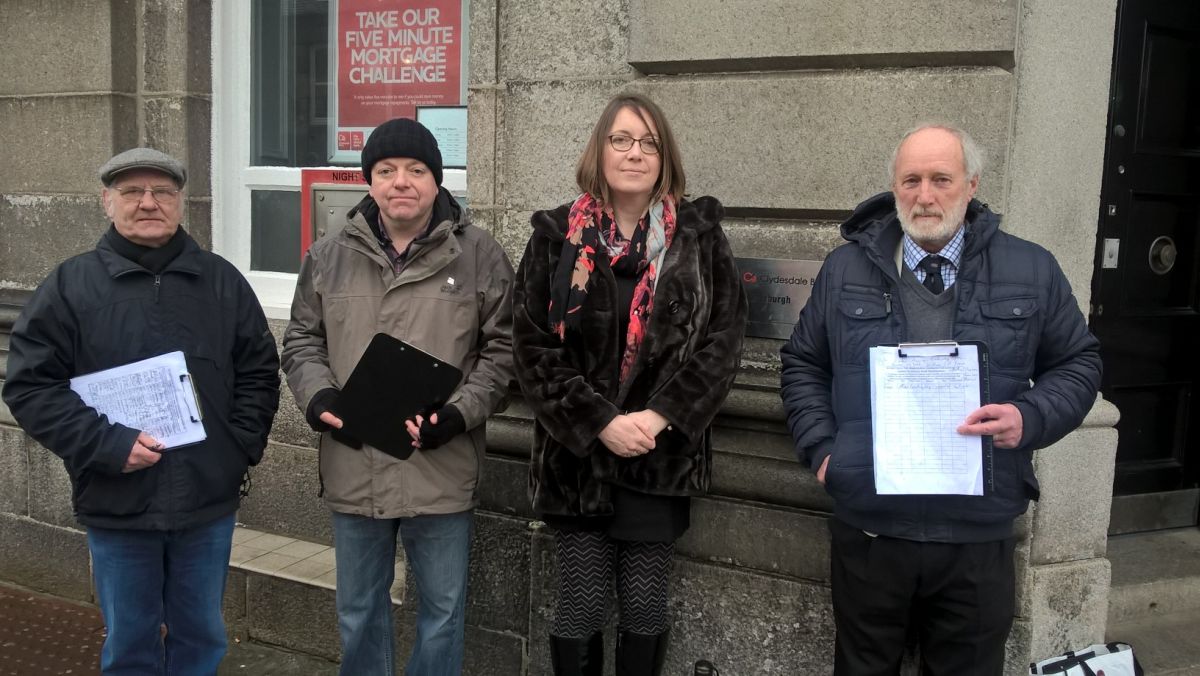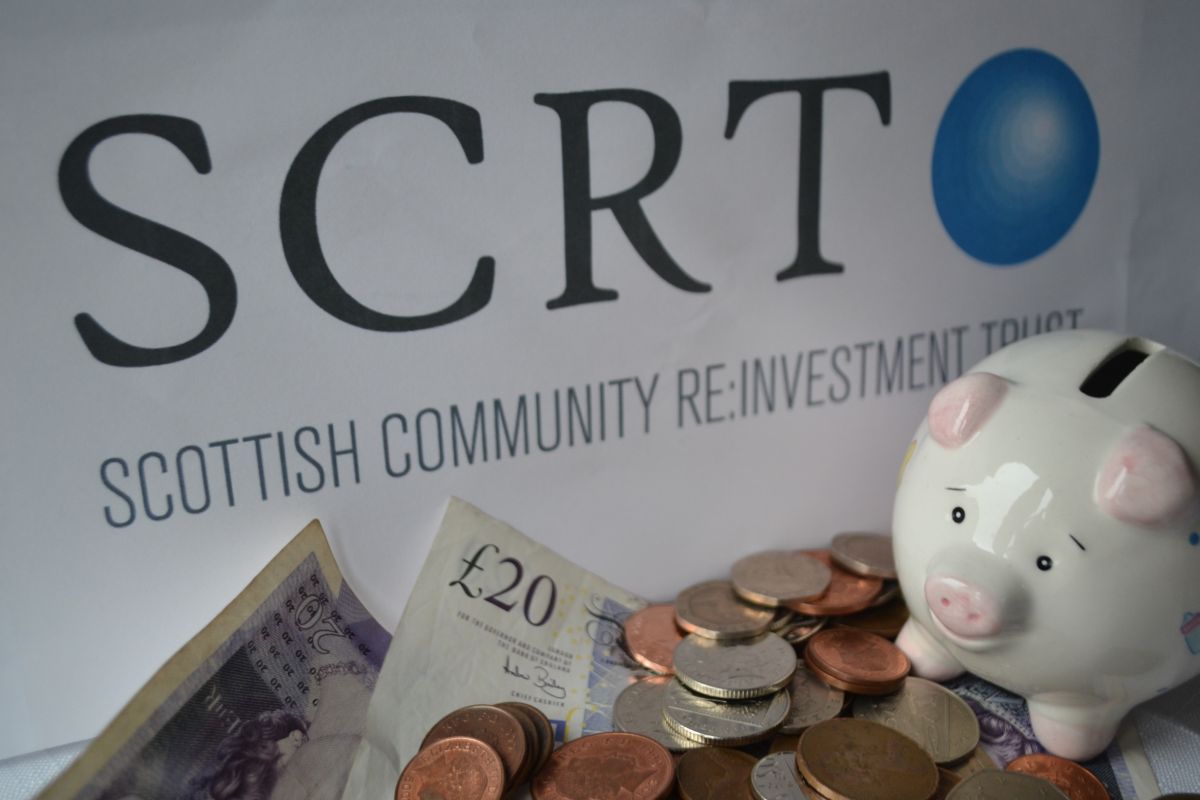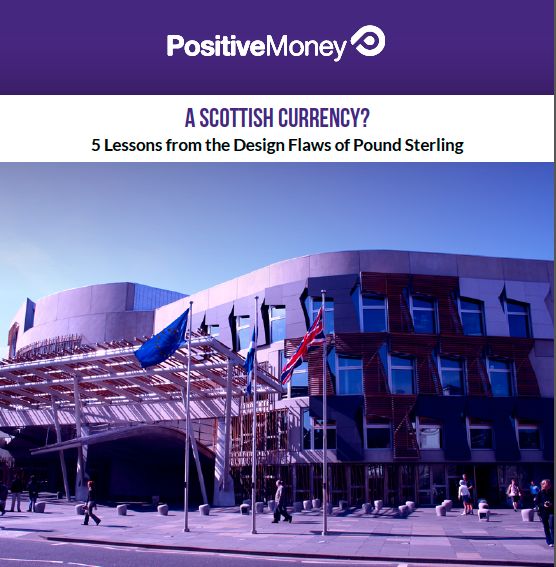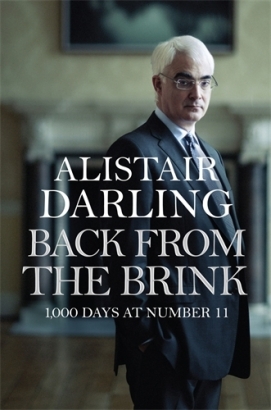Voice’s Old Susannah takes a look over the past week’s events in the ‘Deen and beyond. By Suzanne Kelly.
Tally Ho! Apologies for the late running of this column.
For one thing I’ve been a bit tied up with issues at the Menie Estate. I’ve compiled a report covering some of the little issues people have with the galaxy’s greatest golf course and Mr Trump. Leaving aside boring issues such as the quality of life for residents, visitors and wildlife, it was a huge honour to be one of the first people to see the brand new plaque by the course’s temporary (?) clubhouse.
This plaque tells you the course has been ‘weaved’ through the ‘largest dunes in the world’.
Of course it has. I wonder whether The Donald wrote this brilliant prose himself, or if one of our BiG local PR agencies devised it for him. It is very inspirational – I just won’t tell you what I felt inspired to do.
While at the course I had hoped to interview some of the thousands of new employees working in the promised golf jobs, and ask what was going on with the millions of pounds of income generated. I couldn’t find these new employees – perhaps they were all out counting their money. However, I was lucky enough to see one of the rarest forms of wildlife, the lesser-spotted Sarah Malone-Bates.
It was wearing a bright pink blouse (which was interesting, as the rest of us needed coats, hats and gloves). She must have been cold, but a little suffering is the price of beauty. (I note that there are a few beauty contests coming up in our area; isn’t it great to know how important looks are, and what humanitarian ends beauty contest winners can get up to.
Some say beauty is skin deep; others that beauty is as beauty does. I wonder what Mrs Maloney-Baloney thinks. They also say you get the face you deserve by the time you’re 40. I wonder what Mr Trump thinks on that score).
Other than that, there has been so much activity of late that it’s hard to know where to start.
First, a thank you to the nice people at Lunan Farm Shop & Cafe, who helped me when my mobile phone got lost. I was quite put out, worried I might miss a call asking me to join ACSEF, or offering me a vice-presidency job at Trump International. I have my phone back now, and am awaiting those calls which should come any day now.
What Lunan and the Farm Shop/Cafe lack in connectivity and vibrancy, they make up for in other ways and then some. Like being nice and serving real food.
As per usual an amazing visit to BrewDog; their man Fisher has painted an amazing black and white mural there, and starting 25/3, the walls will feature artwork from up and coming area residents.
What’s clean air and wildlife compared to someone somewhere making money?
When I go jogging around Nigg Bay, there are more and more other joggers to be seen, as well as walkers, cyclists, golfers and wildlife spotters. We’re all thrilled to think the Harbour Board wants to ruin the last stretch of coastline with potential harbour expansion. Money before environment has worked really well in Aberdeenshire.
We’ve got a great situation at Menie, with compromised SSSIs, we’ve got some of the top ten most polluted roads (funny that includes roads near the harbour), and a sewage plant. Let’s just finish the job, deal nature a final blow, and turn Nigg Bay into a money-maker, too. What’s clean air and wildlife compared to someone somewhere making money?
Before getting to some definitions, there is some sad news. A gentle giant, humble, meek and softly-spoken has left Aberdeen City Council (no, not Pete Leonard. Yet). Perhaps you’d best sit down (if you’re not already): Gerry Brough has left – resigned.
Without Gerry, we couldn’t have spent hundreds of thousands of pounds on the City Garden Project, which brought so much harmony to our city. His timid, mild behaviour at meetings might have made him easy to overlook, but let’s look at some of his many accomplishments.
Without Gerry, we might have had a chance to vote ‘No’ to building in UTG when presented with the shortlist of ‘designs’ for turning UTG into shops and parking. Where would we have been then?
He selflessly ‘donated’ about 11 hours per week of his own time to sit on various City Garden Project committees, with no thought of eventual reward, disregarding EU work-time directives. I’m sure his family felt deprived of his sunny disposition.
Some might say this free work done by Brough Trade was a smokescreen to make it look as if the project didn’t cost anything to the taxpayer and to help him get in with the ACSEF mob or the odd billionaire. But I knew he had a good heart. A heart of granite.
For some strange reason, several of the shops have folded, and one became an internet business
Who else will represent Aberdeen in Houston and Grenoble? We flew him there for very important meetings and conventions last year. If those important meetings coincided with cuts to services for the elderly and school facilities, it was worth it. Then there was the way he was fair to both sides of the garden referendum debate.
His involvement in how the referendum question was worded was sadly not appreciated by the Friends of Union Terrace Gardens. Gerry said at the time the FOUTG were trying to ‘undermine’ the process.
If by undermining it he meant not accepting 11th hour wording changes or being railroaded into a lamely-worded question, Gerry was right. (see also https://aberdeenvoice.com/2011/12/utg-referendum-question-already-soured/ ).
He also helped give us ’Retail Rocks!’ in Torry. On the one hand, it brought shops back into use. Well, for a few months anyway. Even if this rocking scheme created unfair advantage for the new shopkeepers over existing businesses, and took tens of thousands of taxpayer pounds in the process, it’s what Gerry wanted. I think this was really just his way of helping to stimulate the economy (for consultants and shopfitters).
For some strange reason, several of the shops have folded, and one became an internet business. It is almost as if having a shop premise selling goods isn’t as profitable as selling goods on the intranet. Still, this kind of forward-thinking scheme won an award of some kind.
Some people would say that service industries are a better way to go to get empty shops filled, lower rates for all ‘ma and pa’ businesses would also help, and using empty shops for artwork displays, events, charity fundraisers and so on would stimulate high street growth. But Gerry knew best, and now, <sob> he’s gone.
Rumours of Independent, Labour, Conservative politicians joining 99% of the ACC staff in dancing on tables and celebrating with BrewDogs are unconfirmed. Adios Ger.
This week there are many interesting developments concerning freedom of the press: i.e. – there might not be much of it going forward. Here are a few definitions to try and make sense of what happened to the media, and what might happen.
Monopoly: (Eng. noun) – situation in which one person or company owns all or nearly all of a given resource or market sector putting them in a completely dominant position.
Aside from Private Eye magazine and a few quirky politicians, the UK government bent over backward to allow Rupert Murdoch to get as near a monopoly over the UK’s media, print and broadcast as was possible. Quite right too. It was June 2010, Rupe had the Sun, the Times, and he wanted BSB too.
What could possibly be wrong with one person controlling the majority of the media? Why nothing. As one professor put it:-
“It is vital to guard against just having a knee-jerk, ideological objection to Mr Murdoch – his companies produce an exceptionally large amount of very high quality content” – Tim Luckhurst, Professor of journalism at the University of Kent
http://www.bbc.co.uk/news/10317856
I guess I should define ‘high quality content’ sometime.
Murdoch’s empire dwarfed the BBC, and outbid them on major sports programmes which Rupert then put on satellite television, where everyone could watch for a small fee. Or for a giant fee if you wanted to play a game in your pub or bar. Everyone was happy. Well, Rupert was.
The funny thing about having a monopoly and being allowed by government and the police to do whatever you want is that you might start thinking you can do whatever you want. With the government giving Murdoch the green light for media dominance, and a few scattered police men and women having cosy meetings with News Corporation operative, things started getting a wee bit dodgy.
The Sun started to get a little adventurous and creative when landing important stories. Its intrepid investigative reporters devoted their time to finding sex scandals, up skirt shots, hiring private detectives to do a spot of wire-tapping, and paying the paparazzi to take all-important intrusive photos of celebrities and their children.
I’m sure those involved in these activities were free to pursue any journalistic directions they wanted, free from any controlling editors or a right-wing proprietor. Ah, the golden days of press. Or was that yellow journalism.
Whatever it was, we bought it. Profits weren’t that great on the print side, but this was offset by the satellite arm of the empire. And so it went. Perhaps the print media also made one or two subtle political hints echoing whichever politician Murdoch favoured. If so, it was far too subtle for Old Susannah to pick up on.
Leveson Inquiry: (Compound proper English noun). An inquiry into a variety of press scandals, leading to recommendations for press regulation.
Believe it or not, over the years, there have been one or two scandals in British establishments. In fact there were one or two minor issues in the banking sector not all that long ago. These resulted in economic meltdown, loss of the UK’s AAA rating, and austerity measures (unless you worked for a bank or were in government of course).
The government acted swiftly to give the banks a stern talking to, and a few billion pounds to tide them over. Then followed one or two other minor scandals involving sub-prime mortgages and manipulation of the LIBOR rates.
These were swiftly followed by more slaps on bankers’ wrists, and lots more subsidies. That showed them. Some people point to close links between the ConDems and banking executives, but I’m sure our elected officials would never allow favouritism to cloud their judgment.
Banks weren’t alone in behaving badly for profit. Newspapers have been involved in one or two unsavoury activities recently, too. Don’t worry though, the police were on the case. Or should I say the police were on the take.
Police officials and hacks met for expensive meals in nice London restaurants Blind eyes were turned; Police and MoD officials pocketed cash from the Sun, and police detectives helped the papers with stories in exchange for money. All the while paparazzi photographers took long-lens shots at celebrities and children of same, to go with stories often obtained illegally.
News was getting replaced by celebrity gossip trash. The public protested by buying more and more copies of ‘OK!’ ‘Hello!’ ‘I Have No Life Of My Own!’ and so on.
Things went too far; even the police and government couldn’t continue to pretend they weren’t in bed with the tabloids.
You would think that the existing laws could have been enforced at the time
Something must be done, or something had to be seen to be done. It was time for another long, expensive inquiry. No doubt there would be some outcomes from Leveson criticising how the police were both complicit and enabling to all this phone tapping and story selling.
You could be forgiven for thinking the way forward would be to ensure that paparazzi and reporters are stopped from illegal intrusions and entrapment, and are ordered to respect privacy, especially the privacy of innocent people and children. You would be wrong.
You would think that the existing laws could have been enforced at the time by a switched-on, honest police force. But think again.
For the bankers, stern words and subsidies were the answer. After all, they’ve only cost the taxpayer a few billion in bail-outs. For the fifth estate, which is historically meant to be a check on politicians, the remedy is different.
Instead of enforcing the laws we already have, the politicians have a great idea: the press will be held accountable to politicians. No one is accountable for allowing the monopoly to be created, no code of conduct will be created for the police to ensure they obey and enforce laws, and stop taking hospitality from the press.
No, the entire media sector is solely at fault, not just the tabloids. Or so they would have you think, and that’s good enough for me.
Of course the details of how regulation will work are sketchy; there are more questions than answers concerning proposed press regulatory bodies and mandatory sign-up to a government code on the press.
There goes some 400 years of freedom, just to punish the antics of the monopoly press which got away with Murdoch for years. It’s almost as if government wanted to get control over the entire media sector, and weren’t happy with its history of exposing crooked politicians, out-of-control MOD budgets, NHS management failures, sexed-up dossiers getting us into the Iraq war, and so on.
I for one will find the new government-controlled news much easier to digest
What will this mean to bloggers, small publishers, satire writers? Possibly ‘exemplary’ fines, lawsuits galore, and lots of rich lawyers. We just don’t’ know yet. What will this mean to investigative journalism?
For years we’ve been fed a populist diet of magazines filled with celebrities who are considered too fat one day and too thin the next. There are shots of stars who get drunk, who have ‘wardrobe malfunctions’ who go out with other stars and then break up. It’s just as well we’ve taken these important issues to heart – going forward this might be the only kind of news we get.
I for one will find the new government-controlled news much easier to digest. From now on instead of investigating council waste, issues at the Menie Estate and abuses of office, I can start writing about who’s wearing what, what new beauty queens have been crowned, and how thin or fat they are.
Still, there is one ground-breaking development Old Susannah is happy to share…
Augmented Reality: (modern compound noun)
New technology coming soon to an Aberdeen Journal publication near you!
There I was, wondering about the future of newspapers. And then I saw this:-
“Make your Evening Express come to life
“App lets readers see videos and images
“Published: 06/03/2013
“Bookmark with:
“Share on linkedinShare on facebookShare on twitterShare on emailShare on gmailShare on stumbleuponShare on favoritesMore Sharing Services
“THE Evening Express today unveiled a revolutionary new way of allowing our readers to interact with the paper.
“Video and 3D images can pop up from the printed page thanks to the innovative new scheme.
“Dubbed augmented reality (AR), the application involves the reader holding their phone over a “trigger” advert, resulting in a series of 3D images and videos displayed through the user’s phone.”
Can we really use our phones to augment my reality? Yes we can! I can see it now: 3D Stewart Milne homes, 3D views of Trump golf courses. Then again, the photos of the Trump course in the recent P&J Golf Supplement look just a bit greener and neater than any photos I’ve managed to take to date. Could someone be augmenting the reality of the greens?
Maybe we could have augmented reality photos of our councillors as well. They say this technology can make people seem life-like. For some of our elected reps, this will be quite an improvement.
Time to go find a copy of ‘OK!’ and see what’s going on in the world. If I’m not thrown in jail, we’ll see what’s up next week.
PS – For some odd reason Labour are not happy with P&J coverage of a recent event.
This is very surprising. Most of us aren’t happy with their coverage of any events. While they rammed a granite web down our throats and perpetuated the myth it was cost-free, they accidentally forgot to mention Trump’s VP marrying their editor and skirted the slight bias this might mean.
They seem to have implied a man up in court for drug-dealing was a Labour member/activist; he wasn’t.
The P&J printed the full-page Trump anti-wind farm ad referring to Lockerbie, but refused to take an ad, pre-referendum, from the Friends of Union Terrace Gardens for being ‘too political’. Its sister paper called those who voted against Trump ‘neeps’ and ‘traitors’.
It said that two deer had died in advance of the Tullos Hill deer slaughter (the deer died two full years earlier, of unknown causes – as wild animals are known to do on occasion). Other than that, what’s not to like?
- Comments enabled – see comments box below. Note, all comments will be moderated
 With thanks to Aberdeenshire SNP.
With thanks to Aberdeenshire SNP.






